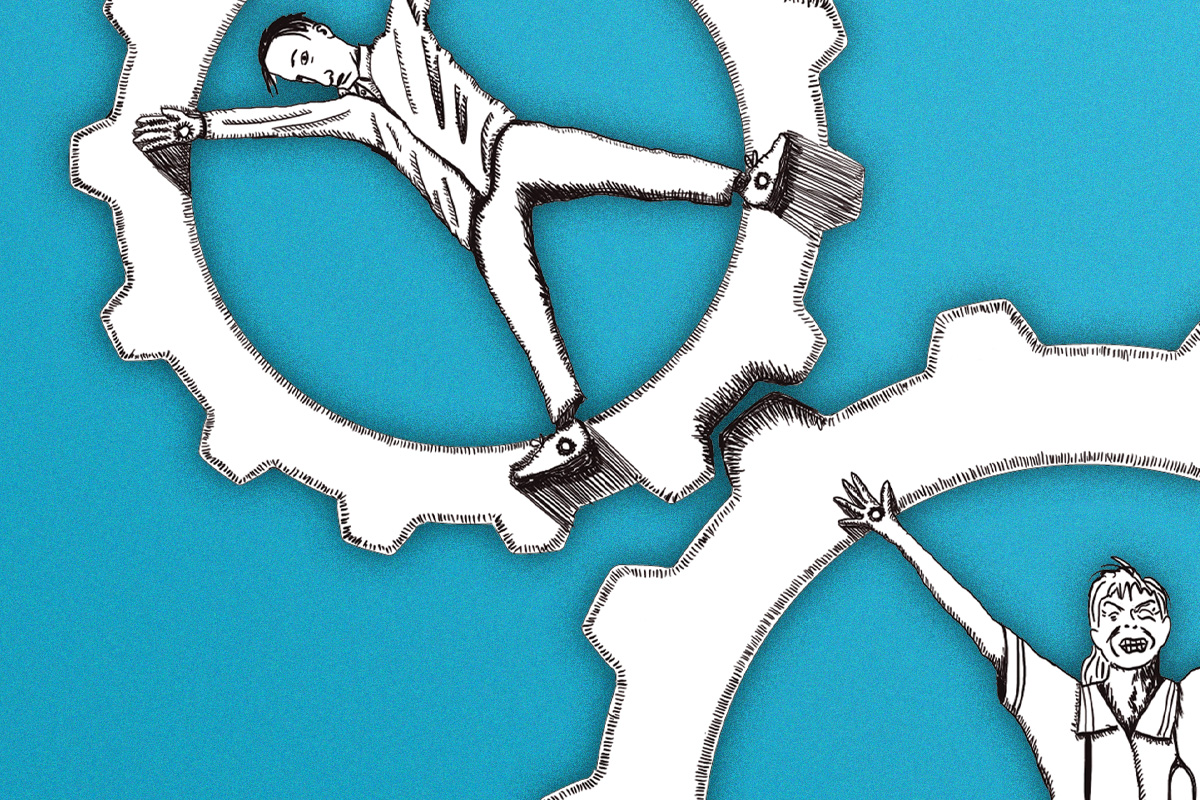After five years of decline and stagnation, a sudden economic spurt has raised hopes of recovery in Britain. But the UK cannot be viewed in isolation. It is part of the world crisis of capitalism. Rob Sewell, editor of Socialist Appeal, looks at the real state of the British economy and discusses the false optimism of the capitalists.
After five years of decline and stagnation, a sudden economic spurt has raised hopes of recovery. We are informed that Britain will now be one of the fastest growing economies. But despite this triumphalism, it is no more than a flash in the pan. Britain’s growth in 2013 is estimated at just 1.9%, which can hardly be described as a “boom”, especially with 2.5 million still officially unemployed.
In any case, Britain cannot be viewed in isolation. It is part of the world crisis of capitalism. The slump of 2008-9 hit Britain particularly hard, even more than in 1929-1931. Even now, the economy is still 2.5% smaller than before the crash, lagging behind most of its rivals. Industrial production is still 10% below its pre-crisis peak. Construction is also 10% down on pre-crisis levels. Investment has fallen by 25% since 2008 and fell by a massive 5.5% alone in 2013. In 2012, the economy was 12% below the 1950-2007 trends, which reflected the deep slump in production followed by the weakest recovery on record.
“Recovery”
Spencer Dal, the Bank of England’s chief economist, asks: “Why after throwing everything bar the kitchen sink at the economy over the past few years, has the economy started to grow only now? Even more importantly, will the recovery last?”
For a major economist to raise such questions is an indication of the fragility of the situation. Exports and trade are not growing and the trade deficit is as wide as ever. The only stimulus to the economy has been from the Help to Buy scheme – and the resultant housing bubble in London and the South-East – and a temporary increase in consumption due to a fall in savings. In the third quarter of 2013, households spent 1.7% more overall than in the previous quarter, while wages rose by only 0.2%. With real wages falling, savings will run out at a certain point. As anyone with eyes to see must conclude, this situation is completely unsustainable.
Investment
The idea that the British economy can grow in a sustained manner in 2014 whilst Europe is mired in crisis and the rest of the world is slowing down is fanciful in the extreme. Without real productive investment, which has now fallen to a 40-year low, there can be no recovery. The general flat-lining of the British economy is set to continue but with inevitable ups and downs caused by particular short-term fluctuations.
Capitalist economists have declared several false dawns of recovery since 2009. Even where there is a partial “recovery”, it has been the weakest for 100 years. This tells us a lot about the depth and character of the current crisis, which is not cyclical but organic in character, as was the case in the 1930s.
Lawrence Summers, the former Treasury Secretary under Clinton, recently talked at the IMF’s research conference about “secular stagnation”, meaning a new epoch of stagnation. This is simply another term for a new depression.
Amongst the strategists of big business, optimism has been replaced with the deepest pessimism. They have been compelled to accept that they are in a crisis of the system very similar to the crisis of the 1930s. The system has reached its limits, with huge amounts of over-production of capital and commodities still clooging up the system. “The real barrier of capitalist production is capital itself”, explained Marx. This “barrier” of excess capacity and weak markets explains the collapse in productive investment.
Many European countries are in recession or on the verge of recession, some five years after the slump. Economists have been predicting every year since 2010 that the economy of the United States was about to accelerate but without much success. Growth was a meagre 2.5% in 2010, 1.8% in 2011, 2.8% in 2012 and something near 2% in 2013. Japan’s recovery has also faltered.
Stagnation
With the near stagnation in the Western economies, the capitalists looked to the BRICs (Brazil, Russia, India and China) to pull them out of the crisis. But these too are facing a slowdown. With all avenues blocked, the system is trapped in long-term stagnation, with a devastating and lasting impact on gross domestic product.
Osborne has already forecast years of austerity and falling living standards. The ruling class can no longer afford the reforms of the past. This situation is nothing to do with ideology and everything to do with the crisis of capitalism.
As long as capitalism is allowed to continue, so the working class will continue to suffer. Unfortunately, the Labour and trade union leaders are completely blind to this fact. Ed Miliband talks glibly of the need for “responsible capitalism” and is committed to match the Coalition’s spending plans (i.e. cuts). As the editor of The Independent puts it: “He has no intention of reinstating Clause Four and will not be the Prime Minister to renationalise the railways. He is a conventional social democrat, not a socialist – and still less a Marxist. He sets out not to destroy capitalism but use the state to temper it’s effects.”
This message was echoed by Chuka Umunna, Labour’s shadow business secretary and former corporate lawyer, who compared 1979 and today. “The big difference between 1979 and 2013 is that we are all capitalists now. The question is, what sort of capitalism do we want? We embrace free markets but we want competitive and free markets and more responsible capitalism.” (FT, 18/1/14)
This is like asking for a man-eating lion to turn into a vegetarian. Capitalism is based on the maximisation of profits. The capitalists will do everything to drive up their profits. After all, is it not exactly what they have been doing year after year, squeezing more and more unpaid labour out of the working class? That is the very nature of capitalism.
Socialism
There is no solution to the problems of the working class on the basis of capitalism. For Labour to go down this road will be a disaster. Every attempt to control capitalism has failed miserably. You can’t plan what you don’t control and you don’t control what you do not own. It is as simple as that.
Only on a socialist path will the movement succeed. Now more than ever, as capitalism moves deeper into crisis, the socialist alternative is vital to the needs of the working class. Only by taking over the 150 major monopolies, banks and insurance companies, under workers’ control and management, can the economy and society be planned and run in the interests of the majority.






